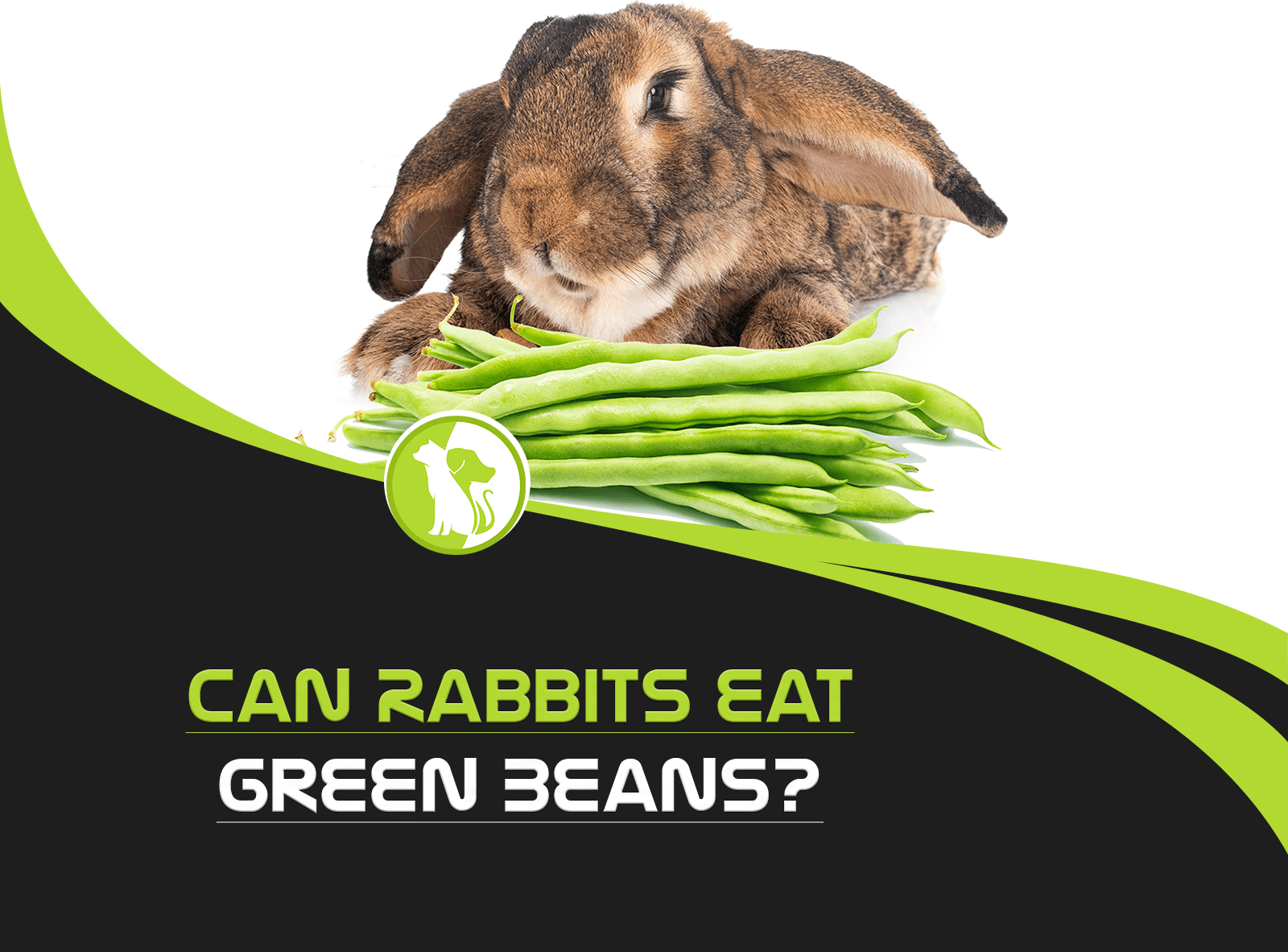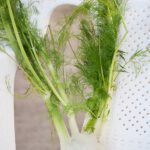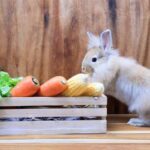
Are you going to add green beans to your bunny’s diet? As a bunny owner, you may know that a vast number of treats or plants are expected to be safe for rabbits. Still, it is always important to recheck the food that you are going to offer your bunny. At the same time, the same food can be beneficial or fatal to your rabbit. Rabbits have a sensitive digestive system, so can rabbits eat green beans?
Yes, rabbits can eat green beans, as these are safe and non-toxic, but you should take care of the amount that you feed your bunnies. You should not have to feed them these beans on a daily basis. Feeding them daily can cause harmful gases, which can cause serious health problems for your bunnies.
Feeding green beans to your bunnies provides a varied number of health benefits.
Green beans are nutritionally sound as they are low in calories, high in vitamin K, a good source of calcium, and have almost no fat. Iron, magnesium, potassium, thiamin, folate, and riboflavin are additional nutrients that are also found in green beans. All of these nutrients are important for maintaining strong, healthy bones and reducing the risk of fractures, and they also play a major role in maintaining your rabbit’s health.
In terms of the risks and disadvantages of feeding green beans to bunnies, it is important to remember that rabbits can easily enjoy green beans, but the risk is only if they eat them in excess. It is therefore important to keep your focus on your pet rabbit when you are feeding green beans or any other food. Make sure not to overfeed them.
Overfeeding them may cause digestive and stomach problems, as well as painful gases, which may result in death for your bunnies.
The only way to make green beans a good vegetable for your rabbit is to feed them according to the correct guidelines. It is possible to provide them with good health benefits by eating a few green beans. When your pet overeats, it can bloat and produce more gas.
If you want to feed your rabbit some green beans, you can provide him or her with 2 or 3 small pods. One or two portions of green beans per week are sufficient. Never try to feed green beans to young bunnies.
Don’t freak out if you believe you fed your bunny too many green beans. Start by observing your rabbit to determine how it seems. Take it to the vet if it seems lethargic, isn’t eating, or isn’t going potty.
When consumed in big quantities, green beans might result in gas accumulation. Because rabbits cannot fart, the gas buildup can be uncomfortable or even deadly in some circumstances. If you are concerned, don’t hesitate to call your veterinarian.
Make careful to switch your rabbit to a milder diet if you find that it is uncomfortable, has diarrhea, or is having difficulties pooping. Up until its system has stabilized, choose hay and tiny portions of easily digestible vegetables like peppers and carrot tops (in moderation).
Give it no brassicas while it is in discomfort. These could exacerbate stomach issues, especially gas. Allow your rabbit’s body to heal.

All members of the legume and bean family have leaves that bunnies can eat. Pigeon peas, cowpeas, soybeans, tropical kudzu, forage peanut, lablab, velvet, and jack beans are among these plants.
They’re delicious for bunnies and have increased protein levels, which are frequently advised for growing or underweight rabbits. Therefore, the question of whether or not rabbits can consume bean leaves, stems, or plants should not be in question.
Like most legumes, these leaves or their hay have a greater protein content, which could cause your rabbit to gain weight. Additionally, as was already said, they have a lot of calcium in their bodies, which needs to be eliminated.
So think about only providing them sometimes. Per two pounds of bunny weight, one chopped cup of five to six various leafy greens, including bean leaves, is sufficient.
Green beans, whether frozen or canned, are harmful to rabbits. Feed only fresh vegetables if you can. Their digestive system is quite delicate. Their digestive tract may malfunction if we feed them items like frozen and canned foods. The components in canned food are more toxic to rabbits. Any canned veggies are not advised for rabbit consumption.
It’s imperative to do so gradually if you decide to add green beans to your rabbit’s diet. Start out with one bean pod and let your rabbit consume the husk, which is incredibly fiber and healthful.
After that, keep a watchful eye out for indications of gastrointestinal trouble in your rabbit. Stop giving your rabbit green beans right away if they stop pooping, stop eating hay, or start experiencing diarrhea.
You can feel free to feed green beans as a treat from time to time if your rabbit’s digestive system is capable of handling them. Once or twice a week, a small handful of green beans is a reasonable serving size.
As far as we are aware, green beans are safe for rabbits. It has a lot of dietary fiber, as well as copper, magnesium, vitamin A, vitamin C, and vitamin K. It has low sugar content, which is healthy for rabbits. These green beans can strengthen rabbits’ immune systems and support their digestive processes.
You could give your rabbit a few green beans. Once or twice a week, you can offer a few portions of green beans. Try not to feed young bunnies green beans.
I believe I have covered everything you need to know about green beans before feeding them to your rabbits.




